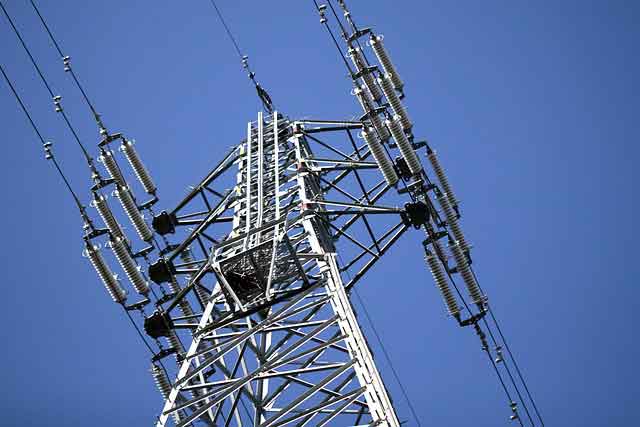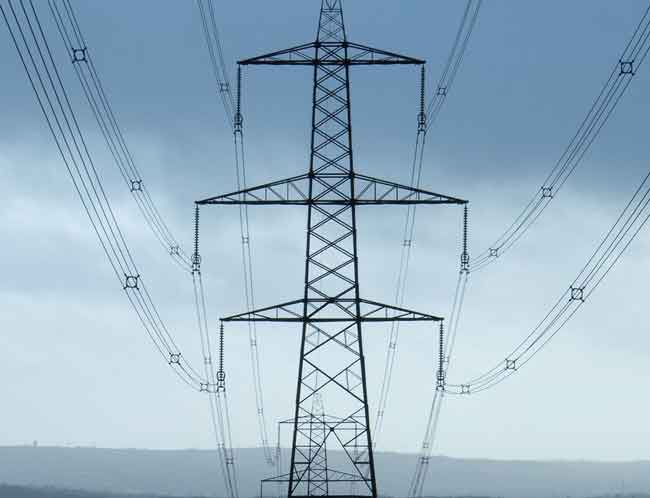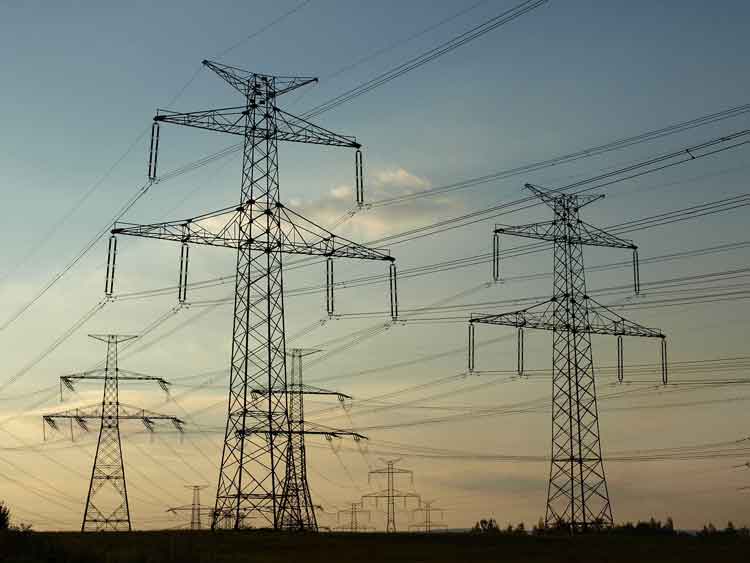Proposed transmission corridor brings more than 100 to meeting
By Knight Ridder Tribune
Substation Relay Protection Training
Our customized live online or in‑person group training can be delivered to your staff at your location.

- Live Online
- 12 hours Instructor-led
- Group Training Available
Panelist Poonum Agrawal couldn't help but crack a smile, however, when a stay-at-home mom brought her own kitchen timer to keep track of her two minutes. Or when a Madison County supervisor came to the microphone with a power line tower glued to the top of his plastic hard hat.
The public meeting, sponsored by the U.S. Department of Energy, brought more than 115 residents from Virginia, West Virginia, New York and Pennsylvania.
Together, they voiced concerns about federal corridors that could give electric utility compan es eminent domain authority. That power would be allocated to solve electricity reliability problems only after utility companies go through the state process.
Dominion Virginia Power, for example, recently filed an application with the State Corporation Commission to build a 500-kilovolt-power line through Culpeper, Fauquier and Rappahannock counties. The Richmond-based company says the new line, totaling 240 miles, is needed to prevent rolling blackouts that could occur by 2011 without the capacity for more power. If the corridors are established and the state denies Dominion's request, it could then refile with the Federal Energy Regulatory Commission within one year of the corridors' establishment. At the meeting, each person was allowed two minutes to speak, facilitated by an independent third party.
Congressmen were given up to 15 minutes. Reps. Frank Wolf, R-Va., and Maurice Hinchey, D-N.Y., urged the DOE to allow the public more say in the process. They are working on legislation that would help guide the corridor establishment. Hinchey is hosting his own public hearing for New York next month and invited the DOE to attend. You're on the clock! With only an agenda to "do the right thing," Haymarket resident Donna Widawski held her kitchen timer in hand, which she said represented the marginalization of citizens' input regarding the corridor designations. Many speakers expressed their frustration regarding a lack of public meetings to voice concerns.
Some traveled between two and six hours to attend the meeting, which was one of seven public meetings that will be held in various locations in the 11 affected states. The DOE set the timeline and does not intend to add more public hearings. "This draft proposal is an insult to all hard-working citizens and reeks of influence," Widawski said. "It's the large electric companies and lobbyists with cash and connections who have been given preferential treatment with this corridor proposal. They are the ones who have turned government into a game only they can afford to play." None of the panelists responded to public comments and concerns.
Agrawal and David Meyer represented the DOE's Office of Electricity Delivery and Energy Reliability on the panel. Mary Morton represented the DOE's Office of General Counsel. Bob Burnett, of the nonprofit government watchdog Concerned Culpeper Citizens, said the general public can see shortcomings in the department's analysis. Specifically, he referred to the 2011 deadline for more transmission and a lack of leadership in creating a better energy policy. "We respectfully suggest there is a lot more homework to be done," Burnett told the panel. "These questions demand more specific answers, and additional public participation is required." Role of the Energy Dept.
In an interview separate from the meeting, Marshall Whitenton of the DOE said it's not the department's job to determine which solution is appropriate. That responsibility lies with the state siting authority, which could shift to the FERC if the corridors are established and utility companies have exhausted the state process.
"Our job was to raise to the national interest the finding that we've got a real problem," Whitenton said. "Frankly, it's pretty clear that transmission has to be among the solutions, but demand response does too and so does conservation and high technology. The whole idea is to get your system with enough cushion that citizens don't have to worry in July and August whether they will have electricity."
In response to concerns that the DOE has not conducted a full analysis of alternatives to new transmission or an environmental impact study, Whitenton said those things are not required of the department and would be meaningless since the geographic areas identified cover large areas over 11 states.
If the corridors are established, the FERC would conduct a full study and identify alternative solutions, he added. For Chris Miller, president of the Piedmont Environmental Council, the federal government's process and policy is not enough for the vast effects the proposed corridors would have on the Piedmont and 10 other states.
"The designation of corridors is the first step toward the taking of private property, and those rights are unique to American democracy," he said at the meeting. "It differentiates us from every other country. And without the process that we've asked for, as an unacceptable use of public power, it will be challenged all the way to the Supreme Court."











